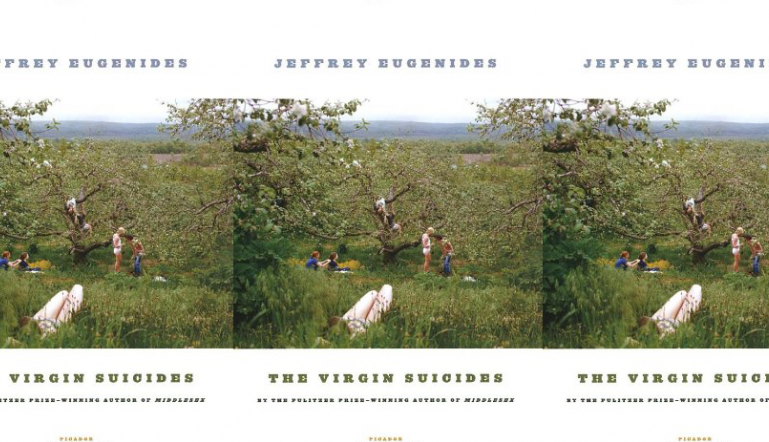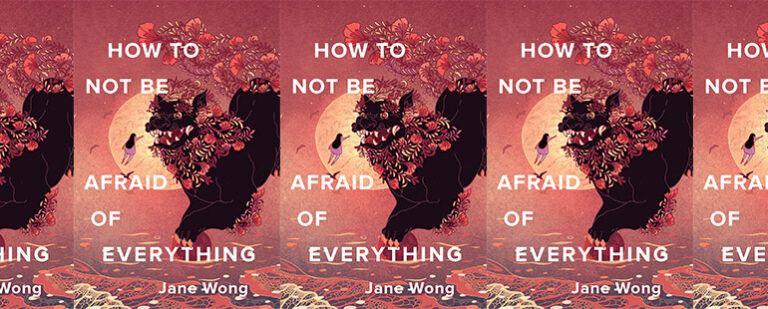On Music and Story

I had a professor in college who maintained that writers write about artists in other disciplines—painters, musicians, sculptors, etc.—when they want to write about writers without actually writing about writers. There’s probably something to this. Most writers are preoccupied with the struggles of trying to create something, and writers’ preoccupations have a way of making their way onto the page. Of course, writers do also just write about writers (I see you, Philip Roth!). But perhaps there’s an instinct to portray the artistic struggle using media that are inherently more dramatic—more interpersonal, richer in sensory detail—than the act of writing, which on one level really just looks like sitting alone in front of a computer or a piece of paper a lot of the time.
The differences between disciplines also suit them for different roles in a story, though, I think. Music—the performance of music, anyway—lasts for a set period of time, and enfolds the performer and the listener at once; because of these characteristics, music allows a writer to create and play with particular kinds of tension.
Maybe the most disturbing piece of literature I’ve encountered about musicians is Tolstoy’s The Kreutzer Sonata. I love and hate this novella. Tolstoy wrote it relatively late in his career, when he’d begun to develop a deep ambivalence about art, others’ and his own—though he had a hard time stopping himself from creating it—and read one way, this story is an indictment of the artistic experience. On a train, a mysterious, agitated traveler tells his compartment-mates, and us, the story of how he came to murder his wife. He blames the corrupt sexual practices of his time, which warped his and his wife’s morals; he blames the miseries of married, child-encumbered life. And, bitterly, he blames music: his wife was a pianist, and he was spurred to kill her after witnessing her intimacy with the male violinist who accompanied her during a performance of Beethoven’s Kreutzer Sonata. But this is Tolstoy, so somehow all this blame and lament takes on an incredible heft, and individual passages assume a devastating power (there’s one, about the daily fears lurking beneath the joy of raising children, that I think I read right over when I first encountered this story in college, but that cuts me to the quick now).
One of these passages is about the experience of music itself. The narrator tells us,
Music carries me immediately and directly into the mental condition in which the man was who composed it. My soul merges with his and together with him I pass from one condition into another […] You see, he who wrote, let’s say, the Kreutzer Sonata—Beethoven—knew of course why he was in that condition; that condition caused him to do certain things and therefore that condition had meaning for him, but for me—none at all…It’s a terrible instrument in the hands of any chance user! Take that Kreutzer Sonata, for instance! How can that first presto be played in a drawing-room among ladies in low-necked dresses?
The narrator is issuing a warning about art here, one that Tolstoy himself probably, at least partially, endorsed. But this warning captures one of the things I love most about art: its ability to transpose one person into another’s state. The way the boundaries of the self don’t hold under art’s influence. The speaker, who can’t bear what he thinks he sees during his Beethoven-aided peek into his wife’s innermost self, feels horror at this capacity; I feel awe.
Rebecca Makkai’s short story “The Worst You Ever Feel” also makes dramatic use of the ability of music to sweep music-makers and listeners alike into the same current. Aaron, the child protagonist, listens to a performance in his living room by the great, tortured violinist who was his violinist father’s first teacher; later Aaron joins in the performance on his own violin. In the music, Aaron hears the whole saga of imprisonment and persecution that the old master experienced during the Romanian pogroms and communist rule. Aaron is an unusually sensitive boy, with a perhaps-supernatural talent for making empathetic discoveries about corners of history that don’t belong to him. But this time, the part of the discovery that finally overwhelms him is that the music isn’t really having a supernatural effect on him at all:
These were not divine revelations available only to Aaron. They were common sense, floating for anyone to see, more tangible and opaque than any ghost. He’d missed them simply because he lived here in America and now in the present—and the air was filled with things he would keep missing forever unless they happened to hit him, sudden and accidental as an errant knife.
The music has made what was always there unmissable. Aaron can’t quite forgive himself, or the listeners around him, for having missed it in the first place, or for the many things they’ll all continue to miss as they move through the rest of their lives.
The heartbreaking early Carson McCullers story “Wunderkind” too holds a revelation about how much music can carry—but also about the ungovernable nature of that power. Our protagonist is a 15-year-old piano prodigy whose gifts are inexplicably fading, while the gifts of her friend and fellow student, Heime, grow. As she waits for what will prove to be a disastrous lesson with her teacher, who is growing increasingly doubtful and desperate about her abilities, she tries to make sense of her loss:
What had begun to happen to her four months ago? The notes began springing out with a glib, dead intonation. Adolescence, she thought. Some kids played with promise—and worked and worked until, like her, the least little thing would start them crying, and worn out with trying to get the thing across—the longing thing they felt—something queer began to happen—But not she! She was like Heime. She had to be.
Her despair, her sense of the gulf between what’s possible musically and what’s possible for her musically—I don’t think I know an artist in any discipline who hasn’t felt that at some point.
In literature, music heard or played can provide a concentrated glimpse of the experience of art in general. The performance of a piece of music has a clear beginning and end point, the same for everyone experiencing that piece at that time—unlike producing or looking at a painting, writing or reading a story. Between those points, we and the characters belong to the piece; we all rise and fall with its movement. The story does too.


